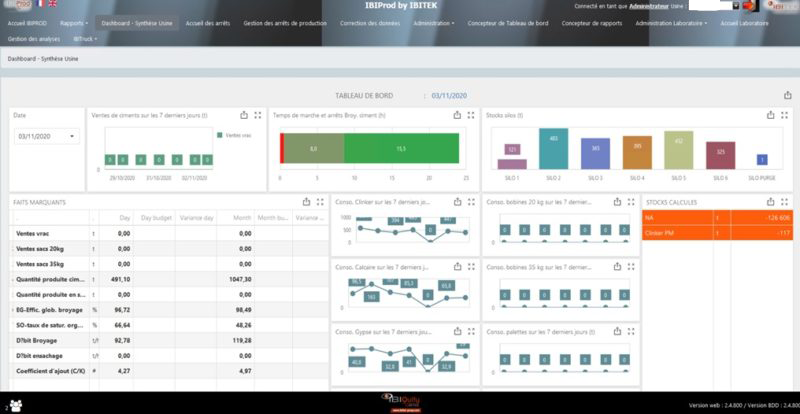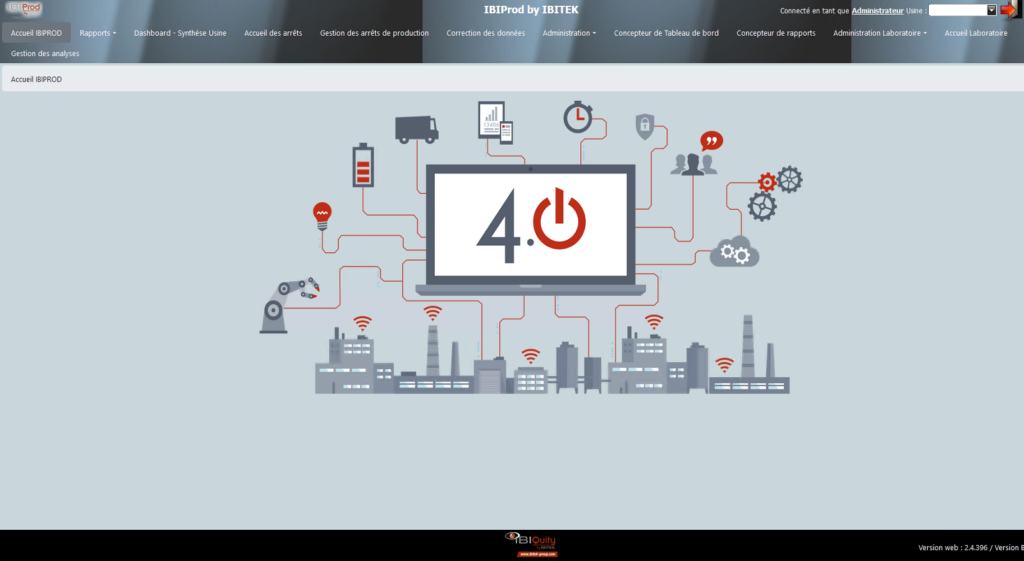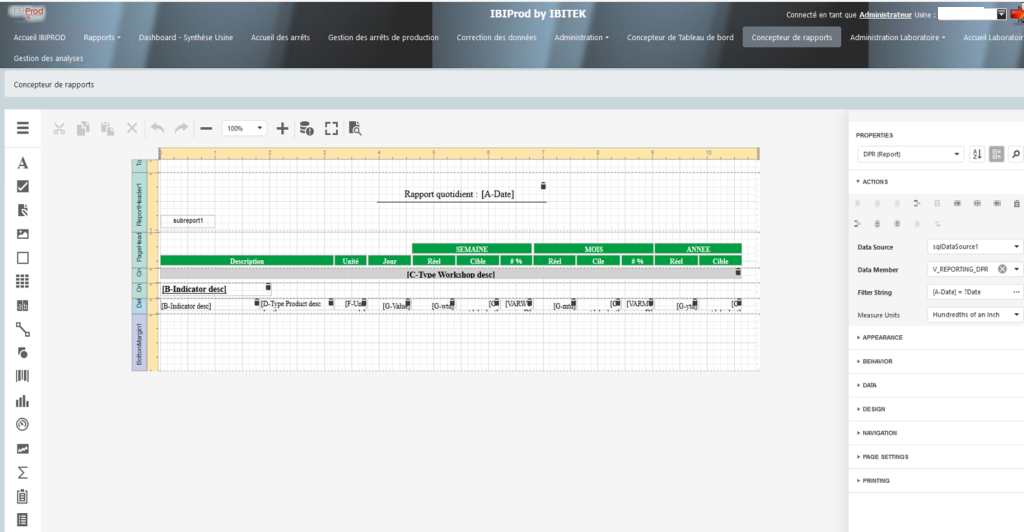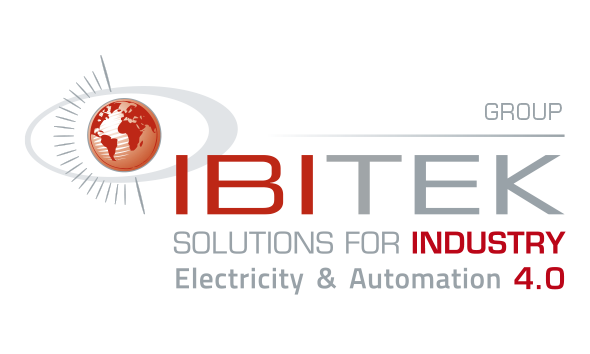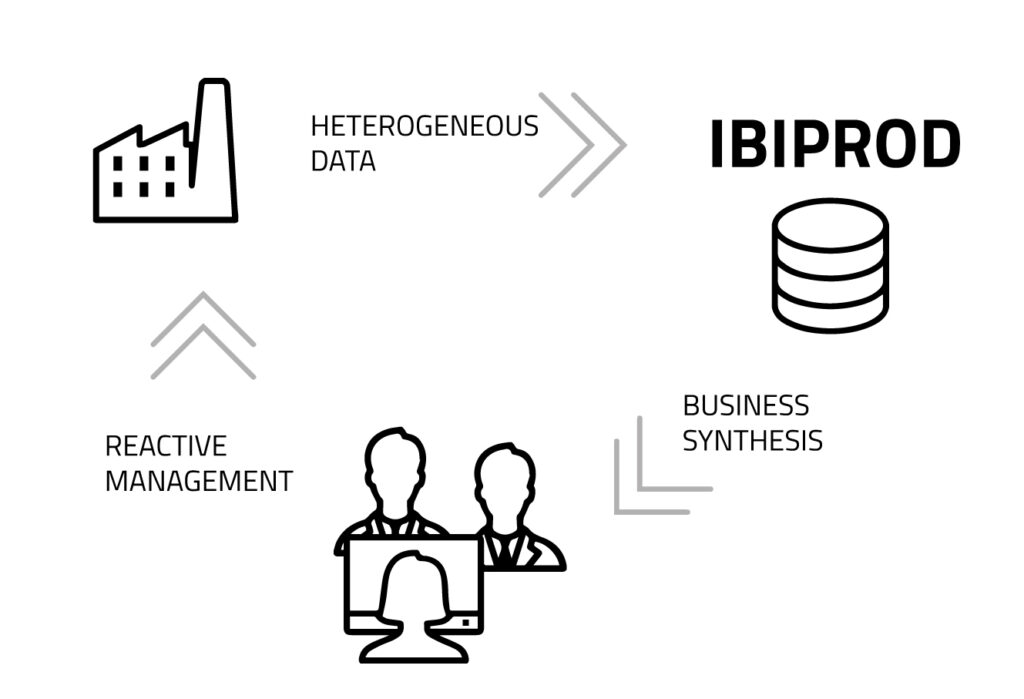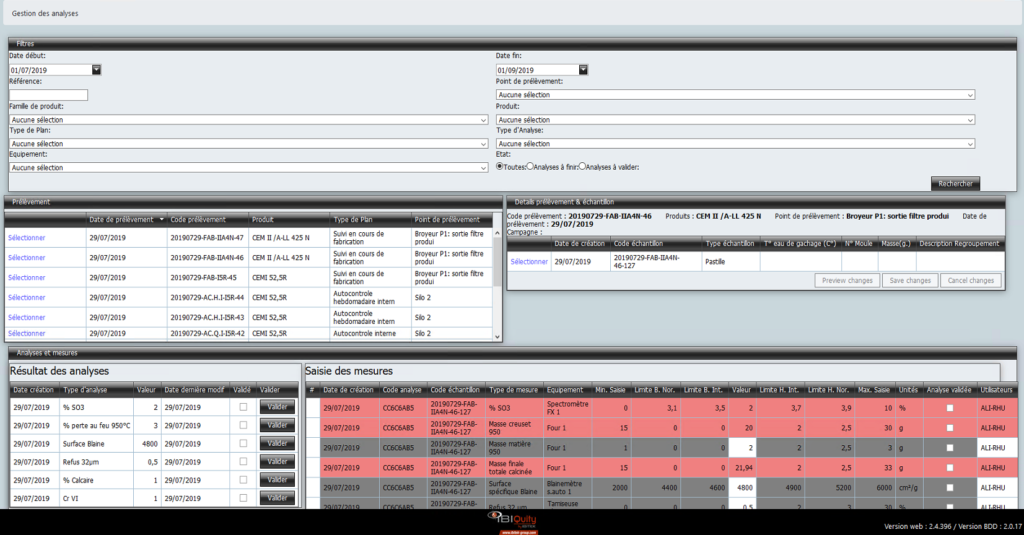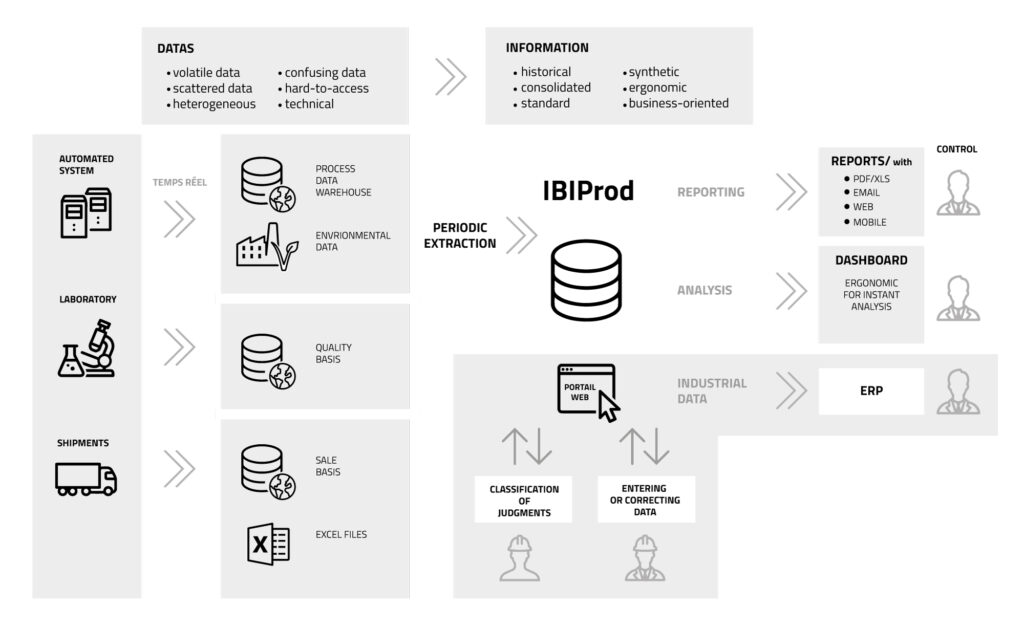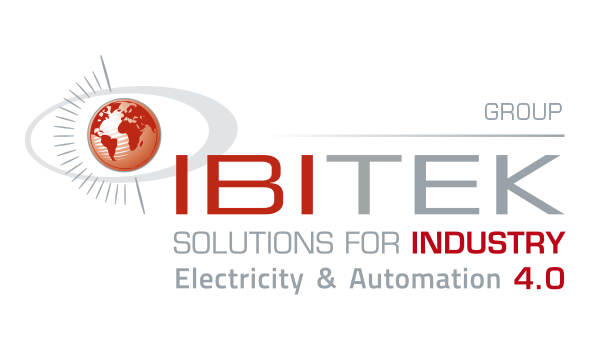MES software definition (Manufacturing Execution System)
The MES (Manufacturing Execution System) is a production management software whose role is to monitor and manage all the productions in progress in the workshop. Its implementation allows to optimize the supply chain, in particular by supervising the machines and the operators who follow the manufacturing instructions.
The MES production management software follows a three-step process common to all continuous improvement approaches: Know, Analyze and Improve.
MES stands for Manufacturing Execution System and has been formalized in the ISA95 standard through 11 key functions.
During the 2000s, Enterprise Resource Planning (ERP) was deployed in several industries, allowing for the planning and optimization of supply chains.
Today, additional needs have emerged. On the one hand, it is necessary to ensure continuity between the ERP data and the activities on the shop floor. On the other hand, it is important not to lose information throughout the OF manufacturing process.
MES software drives your industry and improves the monitoring of your production
With a control software such as an MES, your company’s production resources are networked and automated. It interfaces with all connected resources and reacts instantly.
It transmits the right information to men and machines so that they can work correctly.
Moreover, by capitalizing on all production data in real time, MES gives a vision of the work in progress and the production of the OF. MES software is the perfect complement to ERP. It immediately provides each actor in the industry with the information they need.
The advantages of an MES solution for your production
The implementation of an MES solution will bring you many advantages:
- Optimize your resources: Use resources wisely, so you can be more efficient.
- Anticipate hazards: An MES helps you anticipate and prevent problems, so you can trust that the equipment is working properly.
- Improve your production: It allows you to identify and solve problems that lead to lost production.
- Prioritize the dematerialization of documents: All documents are easily accessible in the software and can be consulted at any time.
- Monitor your KPIs (performance indicators) at all times: The MES, offers an SPC function that reduces non-quality, costs and risks by ensuring a fine monitoring of production with real-time data collection.
- Improve traceability: the software allows to clearly record daily actions.
The 11 functions defined by ISA 95 in France and abroad
In 1995, the ISA (The International Society of Automation) published the ISA-95 standard which defines the 11 basic logical functions of any MES (Manufacturing Execution System). These functions are the following:
- Production planning and scheduling
- Management of production orders
- Inventory and logistics management
- Resource management
- Quality management
- Production operations management
- Maintenance management
- Energy management
- Environmental management
- Information management
- User management
Implementation of an ERP (or GPAO) + MES tool
The implementation of an ERP/CMMS and an MES allows to benefit from a complementarity for an efficient circulation of information in a company. ERP does not work on a time scale as short as MES, which works on a time scale of minutes or ten minutes.
The difference in time scale between ERP and real-time systems masks the fact that ERP was not designed to collect, process and analyze real-time data on a fine scale. Yet, such a fine-scale approach is necessary for process control, management and strong traceability requirements.
Unless the Manufacturing Execution System (MES) is present, production has to be done without any other help than the production order issued by the ERP. At the end of each production order, fill in all the data that characterizes it using a form managed by the ERP.
The result is that data entry operations are extremely costly for operators, and since the information is not synchronized between the different stages of production, it is not reliable.
This can lead to costly and unreliable data entry operations for operators, regardless of the industry. Manufacturers often ask ERP system integrators to develop customizations for the supply chain. These modifications allow manufacturers to capture data at different stages of manufacturing and synchronize it so that consolidated information can be passed to the ERP system – in other words, develop a specific Manufacturing Execution System!
